
Happy European Day of Languages!
Did you know that there are between 6000 and 7000 languages in the world? Or that, in Europe alone there are about 286 living languages, spoken by a population of approximately 736 million people?
The EU has 24 official and working languages: (European Commission, 2015)
| Bulgarian | Estonian | Irish | Portuguese |
| Croatian | Finnish | Italian | Romanian |
| Czech | French | Latvian | Slovak |
| Danish | German | Lithuanian | Slovenian |
| Dutch | Greek | Maltese | Spanish |
| English | Hungarian | Polish | Swedish |
In addition, there are other national, regional or minority languages (such as Catalan, Welsh or Occitan, for instance) as well as the languages of peoples who have migrated to Europe and that still preserve their heritage languages (such as Chinese, Bengali or Urdu).
The European Day of Languages has been held on 26th September annually since 2001. Many schools, cultural institutes, and universities - including the Open University - take part in a celebration of the linguistic diversity of Europe. We can rejoice in the fact that more than half of Europeans (54%) can hold a conversation in at least one additional language, 25% can speak at least two additional languages, and one in ten can speak at least three. (Eurobarometer, 2012)
But if you are one of the other 46% of people who only speaks one language, don’t worry… as Mexican author Carlos Fuentes once said, “monolingualism is a curable disease”! If you want some great ideas about how to kick-start your language learning journey, let Lindsay Dow explain why she studies languages at the Open University, and watch more videos on her YouTube channel to find out why she is a great advocate for language learning and plurilingualism.
But why learn another language? Well, if Lindsay’s enthusiasm isn’t convincing enough, think of learning another language as a way to understand other ways of living, and how it can enable better intercultural understanding. Multilingualism contributes to the key European values of democracy, equality, transparency and competitiveness. Or, if you prefer more practical benefits, learning a language makes travelling working and studying in other countries so much more rewarding and enjoyable!
Here on OpenLearn you will find articles, videos, free courses and other resources about language learning. So, what are you waiting for?
Test your language skills
What can learning languages do for you?
- Let more real Open University Language students tell you Why study language?
- Discover 9 reasons to learn a foreign language
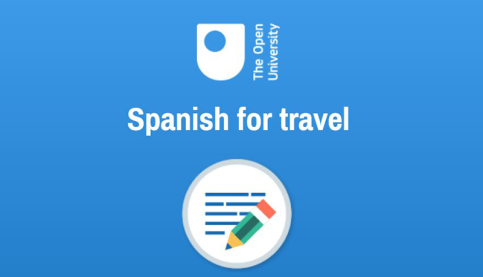
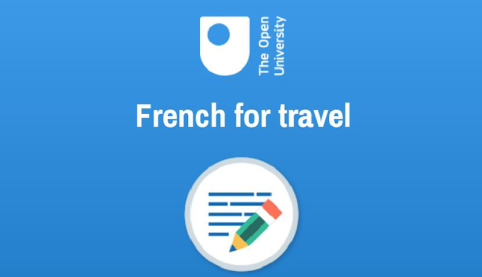
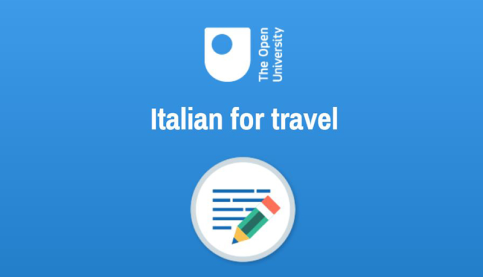
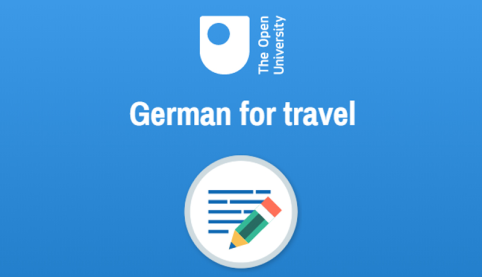

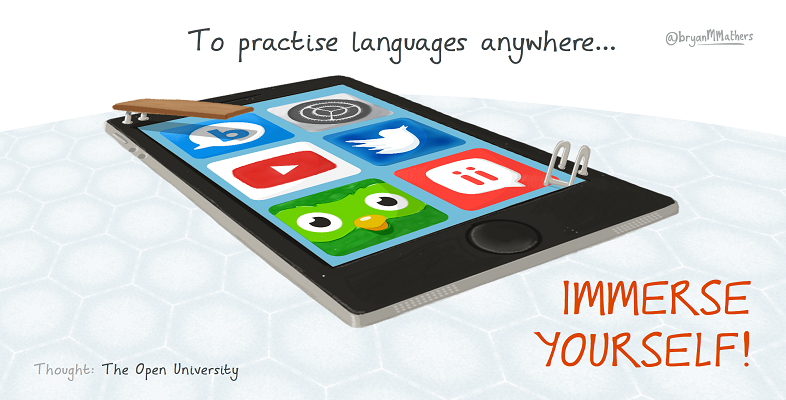
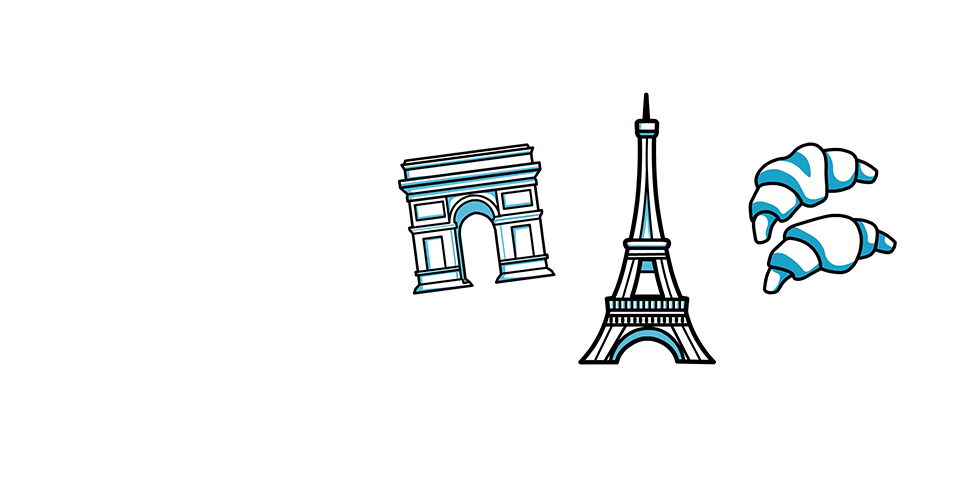






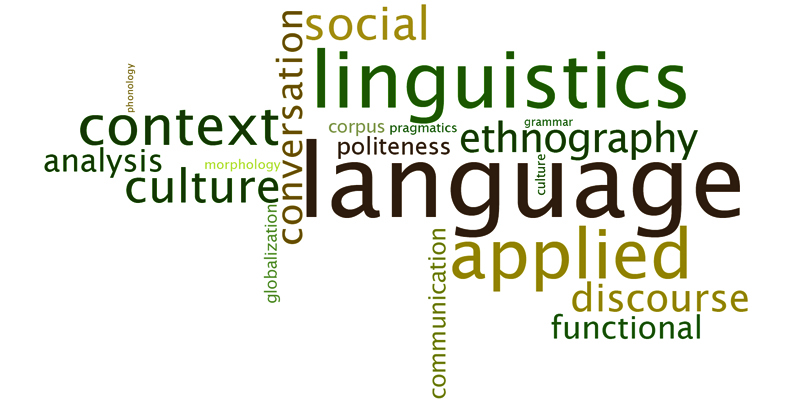

Rate and Review
Rate this article
Review this article
Log into OpenLearn to leave reviews and join in the conversation.
Article reviews
Thank you for your message and your interest in learning with OpenLearn. It is great that you wish to obtain a certificate for your English skills.
When you complete one of our courses, you will be able to download a certificate. If you have already completed a course and need help with downloading your certificate, please let me know I can help you with this.
If you would like to select a course to study, you can view all of our free courses here:
http://www.open.edu/openlearn/free-courses/full-catalogue
Best of luck with your studying.
Kind regards,
The OpenLearn Team